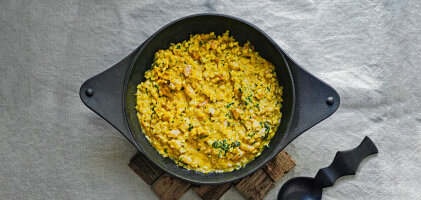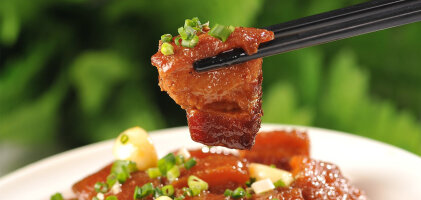Christmas in Japan: Traditionally Different
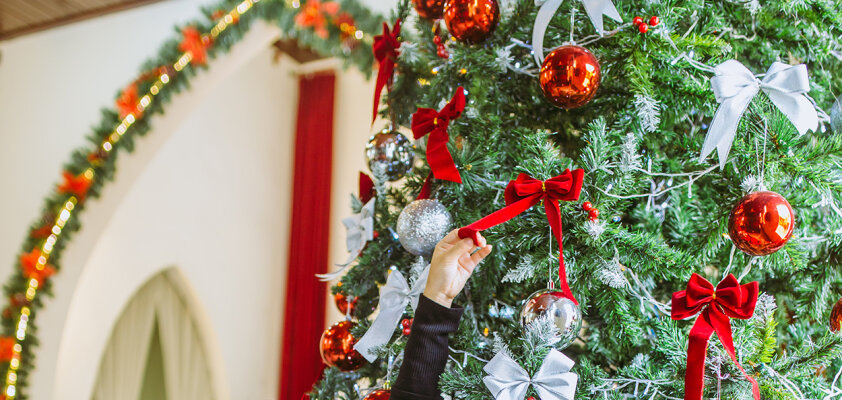
Is Christmas celebrated in Japan? Absolutely! We'll tell you how the Japanese spend Christmas Eve between contemplation and marketing - and why fried chicken is an essential part of the traditional festive menu of love.
Merry Christmas in Japanese
Although Christmas is not an official holiday in Japan, the Christmas season is still significant there. While the special day is not religiously oriented—since Buddhism and Shintoism are the primary religions—Japanese people have gladly embraced the holiday and, like us, eagerly anticipate December 24th with great enthusiasm.
Anyone walking through Tokyo in December can see it: a huge Christmas tree here, a smiling Santa Claus there, sparkling decorations, and magical lights—on the streets, on the trees, and inside the houses. Christmas music plays continuously in the stores, children's eyes light up, and people are on the hunt for gifts. Everywhere you go, you hear:
メリークリスマス Merii Kurisumasu - Merry Christmas!
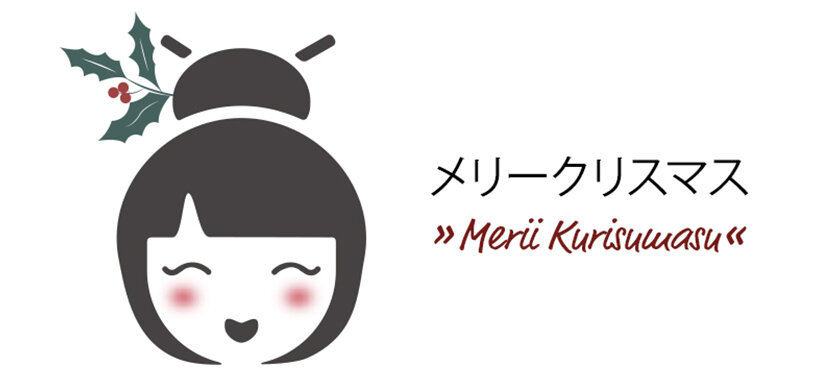
A different kind of Christmas dinner
Seasonal sweets such as Baumkuchen, Christstollen, and special Christmas cakes with cream and strawberries complete the holiday concept. While the latter may not sound particularly Christmassy, the key is in the colors: red and white. This allows the cake to be beautifully decorated with Santas, known as サンタクロース Santa Claus, in Japan. Biscuit rolls, known as Bûche de Noël, are also popular in Japan. Such cakes are available in every department store and pastry shop during the Christmas season. Other specialties, more or less traditionally eaten at Christmas, are somewhat different than what we might be accustomed to.
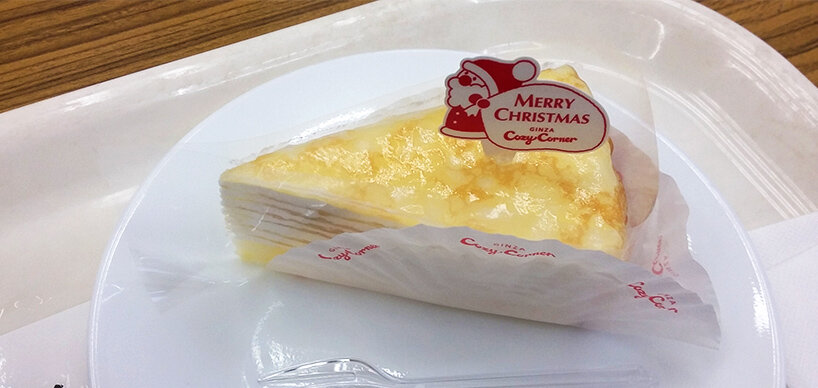
Thus, pizza is a popular dish on Christmas Eve, often ordered for parties. From Germany, the typical potato salad also made its way to Japan. One tradition might be particularly surprising: supposedly, in Japan on Christmas Eve, people don't necessarily go for a fancy candlelight dinner but instead opt for KFC (the American fast-food chain "Kentucky Fried Chicken"). But why?
In the 1970s, KFC aimed to fill the gap of a Christmas tradition in Japan with a special Christmas menu. The company's mascot, founder Colonel Sanders, could be easily stylized as Santa Claus with his white beard. While the fast-food chain is not visited by as many Japanese people as often assumed, chicken has since become a "traditional" Christmas meal, and KFC makes the most sales on December 24th every year.
Japanese people rarely prepare their own meals for Christmas but prefer to be treated to fast food. This is also due to the fact that many in Japan have small kitchens and no ovens—thus, a Christmas goose and homemade cookies are out of the question. Instead, Christmas is celebrated in a relaxed manner, and people are happy to spend money on other aspects of the holiday.
Love and consumption for a special day
While we celebrate the Festival of Love with our families, Japanese people actually spend it with their partners. That is if they have one, as the percentage of singles in the population is alarmingly high. It's all the more beautiful that Japanese couples, aside from Valentine's Day, have a holiday of their own. Whom you spend Christmas with is very important—because it is believed that you will still be together with that person next year. After a stroll through the festively decorated city and a shared meal at a restaurant, couples often head to a hotel where rooms can be rented by the hour. This is because the walls in Japanese houses are often very thin, and having a visit from a loved one is somewhat uncommon.

As in other countries, on this evening, people generously exchange gifts. Not only couples, but children also eagerly anticipate the gift-giving tradition each year. In Japan, one can choose when exactly to have this gift exchange. However, gifts are not placed under real Christmas trees; instead, plastic trees are more common in Japanese households.
When it comes to gifts, cost is not spared, as no one wants to appear stingy. In the 1980s, stores saw a lucrative opportunity and discovered Christmas as a marketing tool. This is how the typical Christmas meal was eventually established. For food, decorations, and gift-giving, the expenses add up. Celebrating Christmas in Japan is not inexpensive. Has Christmas also become a consumer-driven festival in Japan? Some Japanese see it that way and consciously distance themselves from the shopping frenzy. However, so far, there is little evidence of this in the Land of the Rising Sun, as people continue to buy and indulge merrily.
A festival of cultures
Companies and friends enjoy celebrating together with Christmas parties, a tradition common in Europe as well. Any occasion for a social gathering is gladly seized upon. Christmas markets are also frequently found and well-attended in Japan. They are oriented after the German model: you can even find the typical German Christmas pyramid here. Small wooden carousels, originating from Germany, can be taken home as souvenirs. Additionally, there is an array of tree ornaments, decorations, as well as mulled wine and bratwurst. German beer and wines are also highly sought after in Japan.
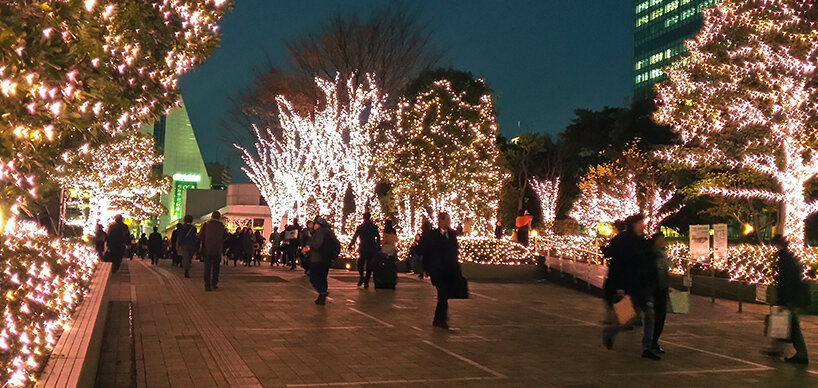
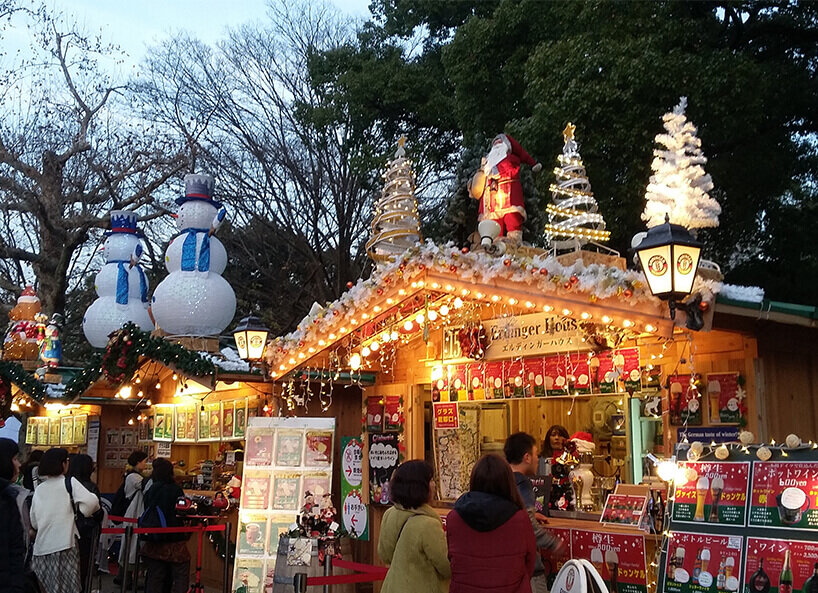
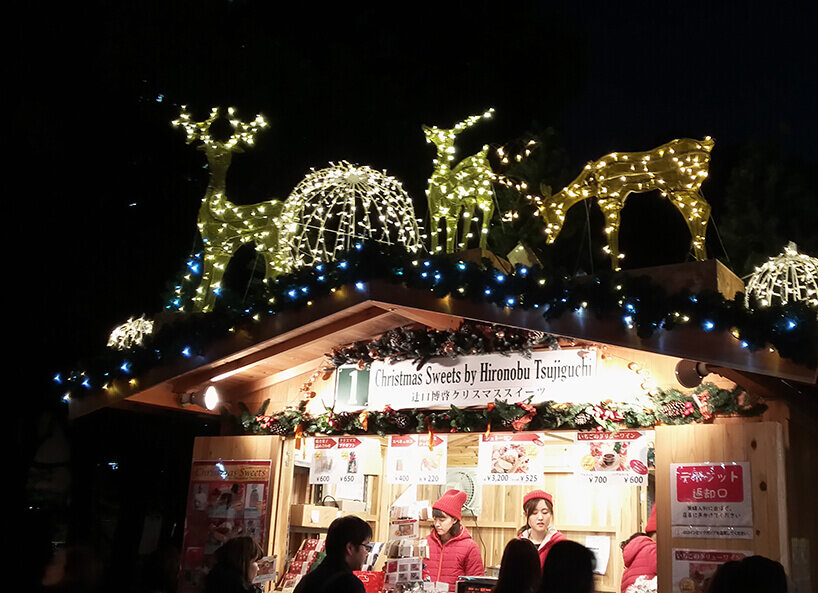
© Margarita Grinko
For those who want to experience Christmas in Japan, the beautiful markets in Tokyo and Yokohama, heavily influenced by Germany, are recommended. For a real snowstorm experience, a trip to the northern island of Hokkaido is worthwhile. Amidst thousands of lights and colorful market stalls, a festive Christmas atmosphere quickly sets in. The blue illuminated canal of Otaru is a hidden gem where one can escape the tourist crowds. While Japan has German Christmas markets, in Germany, you can also find the Japanese version. Here, in early December, you can buy Christmas gifts from the Far East and indulge in Japanese delights: clothing, ceramics, and art, as well as sweets, snacks, and homemade goods await visitors. Such a Christmas market exists so far only in the Berlin Malzfabrik, but who knows if other cities might follow suit?
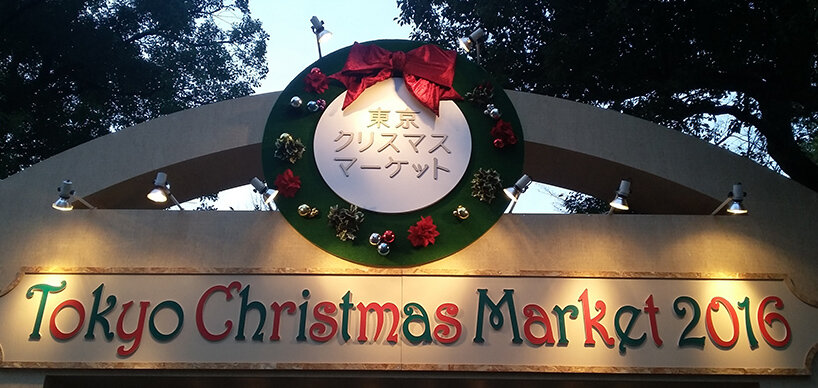
© Margarita Grinko





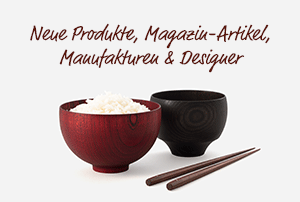

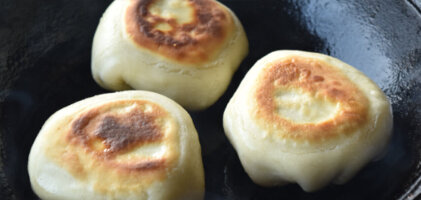


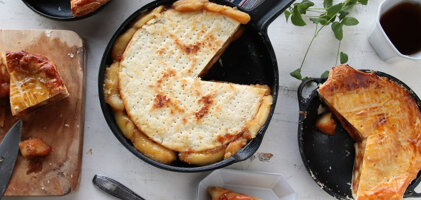
-from-the-yakiyaki-grill-pan.jpg)

